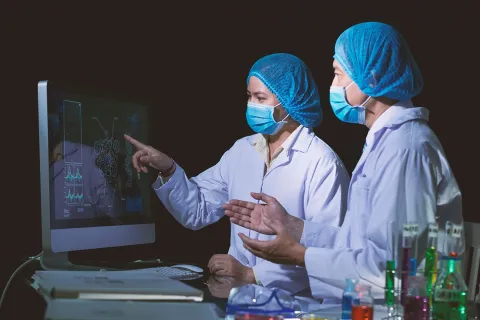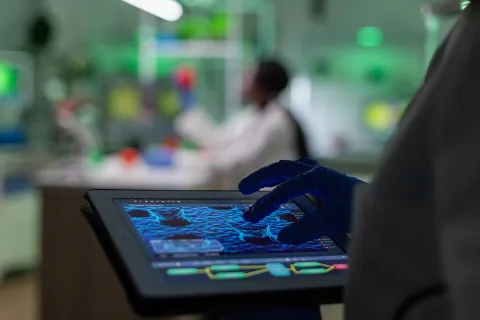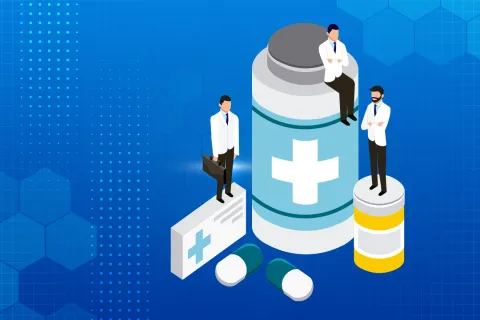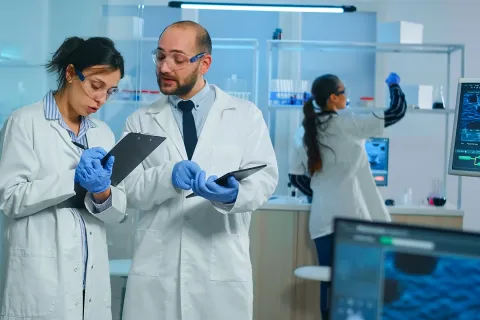
Quality is the cornerstone of vaccine production, which ensures safety, efficacy, and stability. Quality in vaccine production directly impacts public health and trust in vaccination programs. Here are several reasons why quality is paramount in vaccine manufacturing.
Safety and Efficacy
Vaccines are biological products that stimulate the immune system to protect against infectious diseases. The quality of a vaccine determines its safety – meaning it should not cause harm – and its efficacy – meaning it should provide the intended protection against the disease. Any compromise in vaccine quality can lead to ineffective immunization or adverse health effects. Therefore, stringent quality control measures are in place to ensure that every batch of vaccine is consistent, pure, and potent.
Complex Manufacturing Processes
Vaccine production is a complex, multi-step process that involves the growth of antigens in controlled environments, purification, formulation, and packaging. Each stage requires meticulous attention to detail and adherence to predefined protocols. Quality control is integrated into every phase to monitor and verify that the process parameters are within acceptable limits. This ensures that the final product meets rigorous standards.
Regulatory Compliance
Vaccine manufacturers must comply with Good Manufacturing Practices (GMP), which are regulations enforced by health authorities such as the Food and Drug Administration (FDA) and the European Medicines Agency (EMA). GMP guidelines cover all aspects of production, from the raw materials used to the personnel training. Compliance with these regulations is not optional; it is a legal requirement to ensure that vaccines are consistently produced and controlled according to quality standards.
Stability and Shelf Life
Vaccines must remain stable throughout their shelf life to retain their protective properties. Quality control tests assess the stability of vaccines under various environmental conditions, such as temperature and humidity. This is crucial because any degradation in the vaccine can render it ineffective. The cold chain – a temperature-controlled supply chain – is vital in maintaining vaccine quality until it reaches the end user.
Public Trust and Vaccination Uptake
Public trust in vaccines is essential for the success of immunization programs. Quality issues with vaccines can lead to public skepticism and decreased vaccination rates, which can have severe consequences for community health. High-quality vaccines that have undergone rigorous testing and quality assurance help build public confidence and increase the demand for vaccination.
Global Health Implications
Vaccines play a significant role in global health by preventing the spread of infectious diseases. High-quality vaccines are crucial for the eradication of diseases such as polio and for the control of outbreaks like influenza. In a global pandemic such as COVID-19, the rapid development and distribution of quality vaccines are vital to saving lives and restoring normalcy.
Innovation and Continuous Improvement
The vaccine industry is evolving with new technologies and processes. Quality is integral in innovation, ensuring that new vaccines are as safe and effective as their predecessors. Continuous improvement in quality control techniques and manufacturing processes can lead to more efficient production and better vaccines.
Conclusion
Quality in vaccine production is a non-negotiable aspect that safeguards public health. It encompasses safety, efficacy, Regulatory compliance, stability, public trust, global health, and innovation. The rigorous quality control measures ensure that vaccines are safe and effective, maintaining the integrity of immunization programs worldwide. As we continue to face health challenges, quality in vaccine production remains more critical than ever.
Freyr is adept at navigating complex Regulatory landscapes to ensure the highest quality standards in vaccine development, leveraging a comprehensive understanding of global guidelines and Good Manufacturing Practices (GMP). Our team facilitates the meticulous assessment and management of quality control throughout the vaccine lifecycle, from research and trials to post-marketing surveillance. Connect with us today to learn more.









